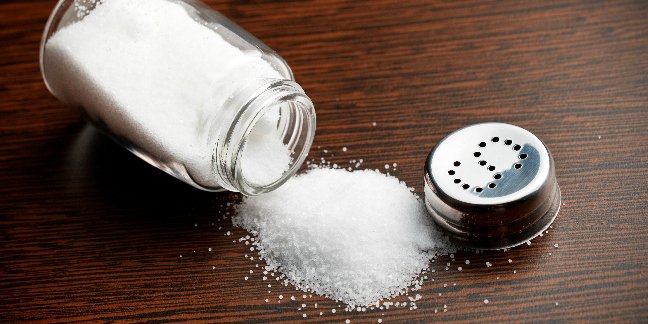Kenya consumes double the amount of salt recommended by the World Health Organization, which is five grams per day.
YVK presents the following tfive consequences linked to the food of salt:
- Heart failure and heart attacks. The excess in sodium has adverse effects on the cardiac muscle, which worsens the functioning of the heart, favoring diseases such as heart attacks or heart failure;
When the heart is unable to pump the blood needed for the body.
- It hinders the function of the kidneys. The renal system is basic for health, since it carries out a task of filtering and purifying the blood.
This function is impaired by the increase in salt, it is also an important factor that predisposes the formation of kidney stones.
- Fluid retention. It always manifests as an inflammation of the soft tissues.
The retention of liquids occurs when there is an imbalance between the elements that regulate the passage of it. One factor that can cause it is the intake of more salt.
- Gastric diseases. Experts from the University of the Healt Sciences of North America have discovered that an excessive amount of salt is also related to some gastric disorders; example, the stimulation of the action of the bacterium Helicobacter Pylori.
- Stroke or stroke. Both for cerebral hemorrhages and for embolisms, they cause approximately one third of deaths due to circulatory diseases, but a high percentage of people who suffer a stroke suffer serious physical and neurological sequelae for the rest of their lives.
Remember, maintaining a balanced diet will allow you to avoid the negative effects not only from excess sodium but from other foods.














